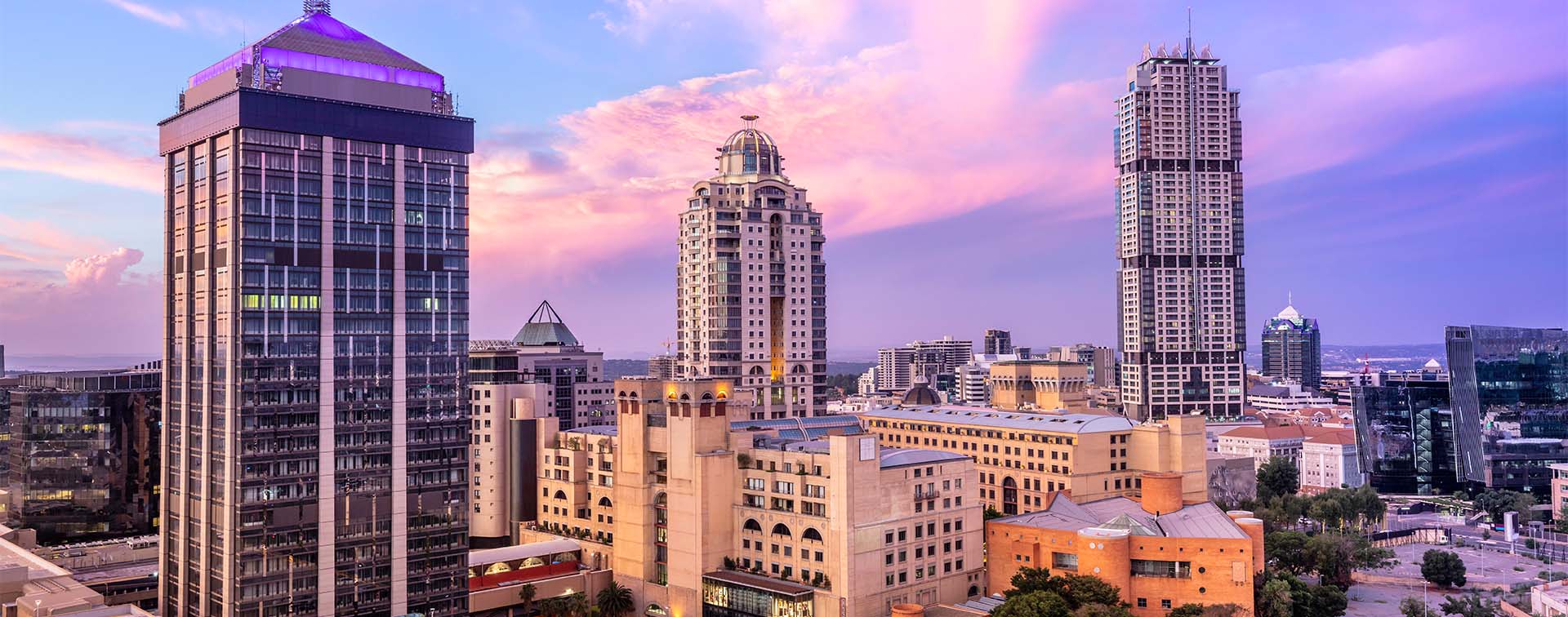
Justice Malala is an award-winning journalist, television host, political commentator and newspaper columnist. Malala writes regular weekly columns for The Times, the Financial Mail, a monthly column for Destiny Man, and columns for The Guardian.
The key drivers of migration and mobility trends in sub-Saharan Africa — lack of opportunity due to battered economies, repressive regimes, social distress, and armed conflict — are magnified in 2022. Political instability has already seen seven coups (five successful and two failed) take place on the continent in the past year alone. The IMF projects economic growth of only 3.7%, down from 4% in 2021, due to a halting start to the post-Covid-19 recovery. The pandemic is on the retreat, but with vaccination rates averaging just 11.3% across the continent as of mid-February, concerns about the emergence of new variants and their impact remain.
The year ahead will see the continuation of what the IMF calls a “divergence in prospects” across the continent. While some countries will begin a return to pre-pandemic trends leading to the opening up of travel and increased mobility of citizens, many others will be stuck in low-growth trajectories that exacerbate the poverty, unemployment, and inequality that already blights them.
While far-reaching changes encouraging mobility will be implemented by some, others will move towards tightening immigration and clamping down on inward mobility. In South Africa, for example, anti-immigrant sentiment and often violent attacks are a daily occurrence as government unveils plans for job reservation that limits the hiring of immigrants in certain job categories. The country’s home affairs minister recently canceled a waiver that allowed some foreign-born graduates to stay in South Africa indefinitely without first securing a permanent job or showing evidence of work experience. However, a new critical skills list released in February that allows C-suite executives entry has been broadly welcomed by business. On the other hand, in Mauritius it is now easier than ever to acquire fast-track permanent residence (in as little as six months) after investing a specified amount in real estate.

Conflict is unfortunately spreading in the Horn of Africa and the Sahel. Ethiopia, the continent’s second most populous country, has descended into civil war while it is also locked in a territorial dispute with Sudan. Similarly, Somalia is in a deepening domestic crisis and at odds with neighbors such as Kenya.
In the Sahel — the tinderbox of countries that are in the grip of protracted armed conflict, displacement, hunger, and widespread poverty — life is being made even more precarious as climate change and jihadist attacks intensify. The consequences are profound: the UN says internal displacement in the region had increased 20-fold in the two years to November 2020.
Conflict such as this — and, of course, other factors — moves people. According to the UN’s World Migration Report 2022, in the year 2020 some 21 million Africans were living in another African country. This was up from 18 million in 2015. “The number of Africans living in different regions also grew during the same period, from around 17 million in 2015 to over 19.5 million in 2020,” the report said.
Exacerbating the continent’s challenges is the Covid-19 pandemic and the impacts that lockdowns have had on economies and mobility. Thankfully, the continent is moving towards solutions. In February, the WHO announced that it had selected the first six African countries to receive the technology needed to produce mRNA vaccines, a move which would counter the rampant vaccine inequity of the past two years and open up borders for travel.
But it’s not all doom and gloom. Trade and diplomatic relations between Africa and the USA are expected to receive a boost later this year when US President Joe Biden convenes the second U.S.–Africa Leaders Summit to “listen to and collaborate with African counterparts on key areas the United States and Africa define as critical for the future of the continent and our global community”. China will aim to expand its diplomacy on the continent with a donation of 600 million vaccine doses to African countries.
Free trade is beginning to take off following the adoption and implementation of the African Continental Free Trade Area, creating a single market for African goods. Officials expect to increase intra-African trade volumes by 52% this year.
In 2021, Kenya’s investment authority, KenInvest, said it planned to proceed quickly to help draft a bill that will make it easier to acquire Kenyan citizenship through a citizenship by investment program. Unfortunately, with national elections set for August 2022, this program may be delayed.
Of course, the key to improving African mobility and travel lies in political leadership, intense lobbying at a global diplomatic level, and the will to bring about change. The African Union (AU) was, in the 2000s, vigorous in its pursuit of increased mobility for Africans and the consolidation of democracy. That has stalled, and leaders are required to rededicate themselves to strengthening the AU’s role in ensuring democratic practices and security while deepening economic integration.